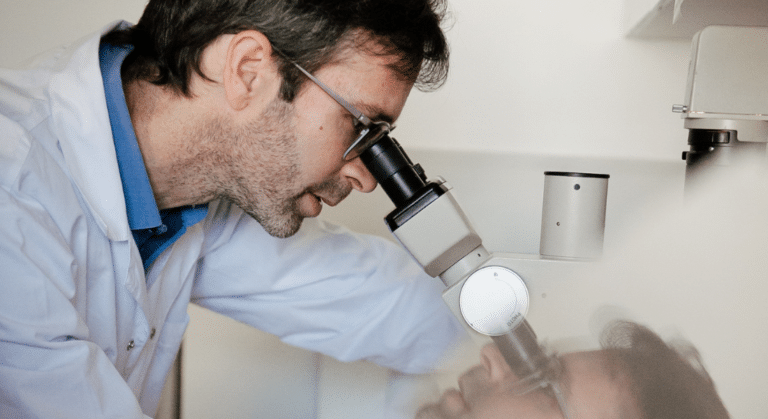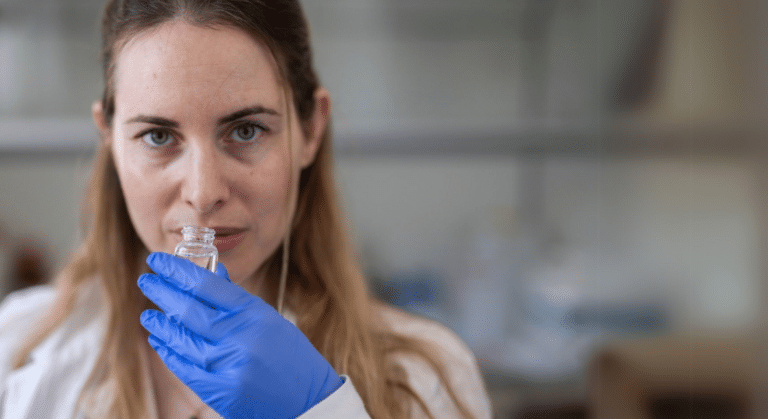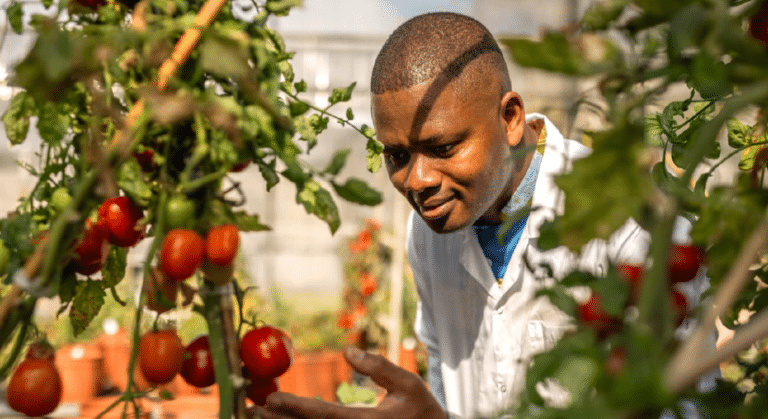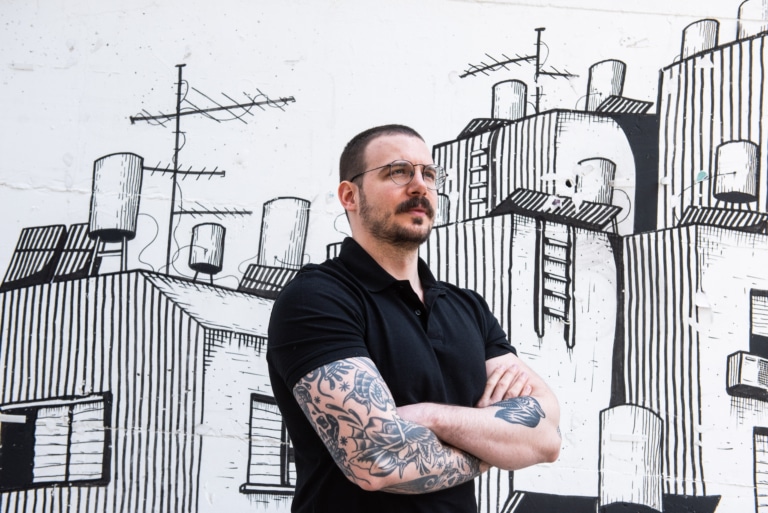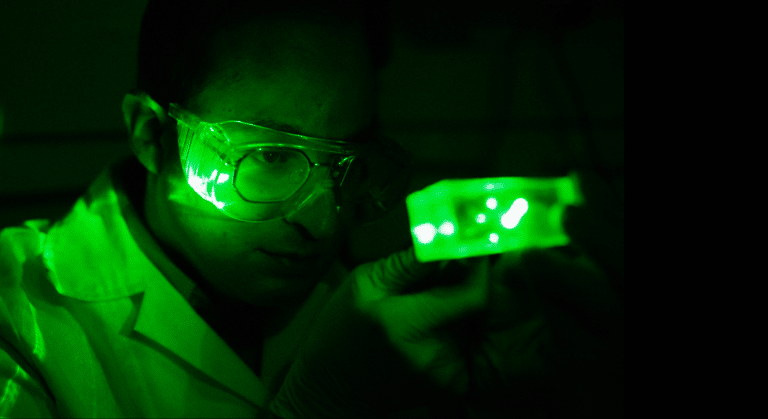Surrogacy is an extraordinary act of giving, love and resilience, offering hope to people who dream of having a child. It is a unique journey, with each surrogate having their own experiences when they make the fateful decision to try carrying someone else’s child. While some surrogates find meaning and joy in their role, they may also face strained relationships with spouses and parents or struggle to have their voices heard regarding medical interventions. Some surrogates devote years to building relationships with intended parents, completing hormonal treatments and submitting to intense medical monitoring, all for pregnancies that do not result in live births. Can they even call themselves surrogates?
Such a varied and increasingly nuanced experience of surrogacy is hardly reflected in social science literature. Research often focuses on commodification — the idea that women’s bodies are being commercialized — and altruism — in which surrogates receive no financial compensation beyond medical reimbursement.
Orit Chorowicz Bar-Am offers a new pathway to understanding. She is a PhD candidate and Azrieli Graduate Studies Fellow in the department of sociology and anthropology at Ben-Gurion University of the Negev. Her focus is on harnessing Israeli surrogates’ own voices to probe issues that do not fit neatly into the boxes labelled “commodification” or “altruism.” Issues such as the experiences of women in the highly medicalized surrogacy process or the challenges of coping with unsuccessful or no pregnancies.
Instead of the structured interviews favoured by researchers in the field, which feature a predetermined set of questions, she uses a narrative approach. “I listen to the surrogates. I listen to their subjective experiences and analyze that,” says Chorowicz Bar-Am. “I don’t use a theory in advance to say if they’re altruistic or being commodified or exploited. That’s not my language.” In her latest paper, Chorowicz Bar-Am focuses on women who had an incomplete surrogacy experience, meaning they went through the approval process, connected with intended parents and completed the medical procedures necessary to get pregnant, yet were unable to conceive or carry a baby. Using their voices and narratives, her paper redefines what a surrogate is.



